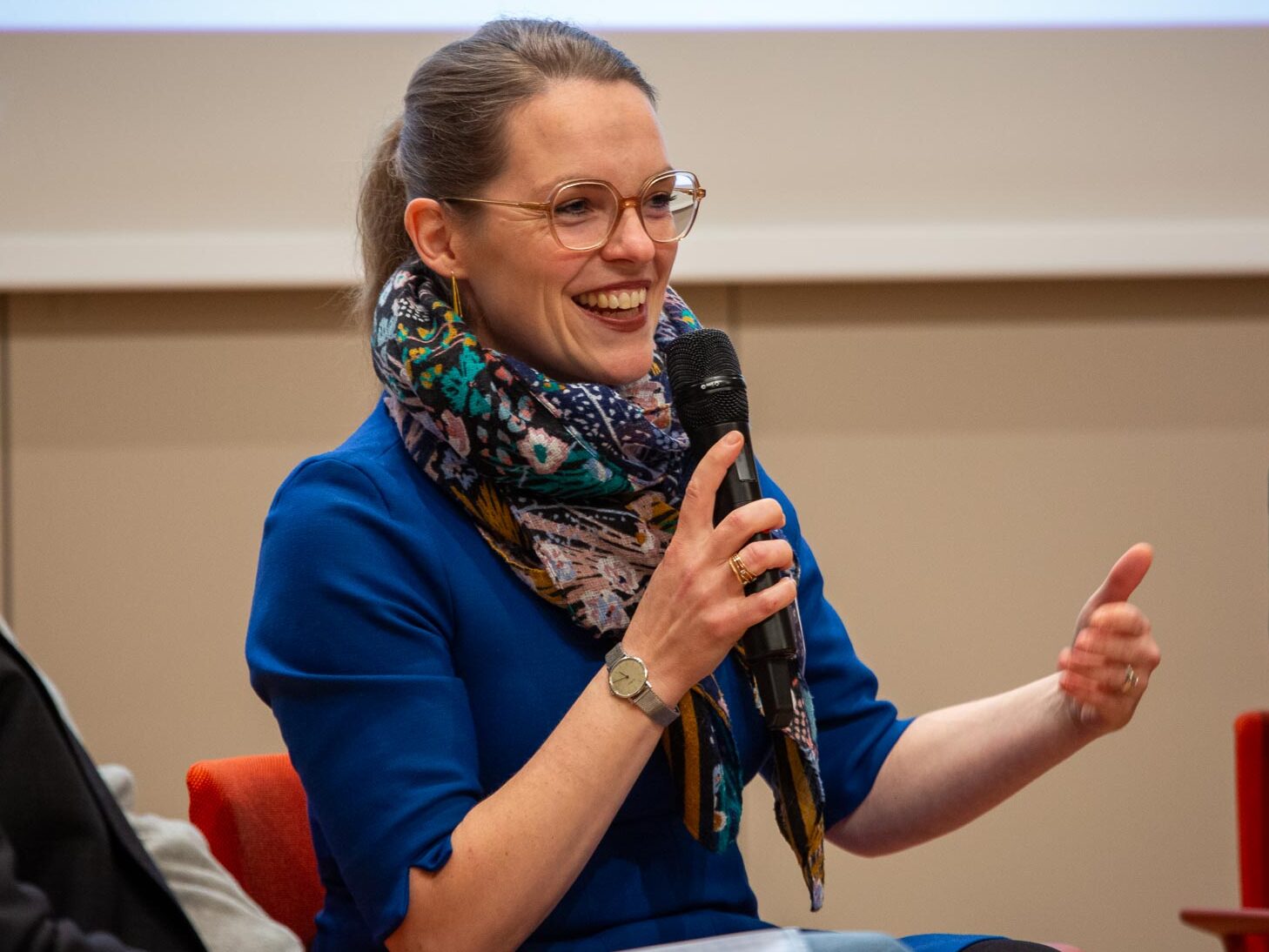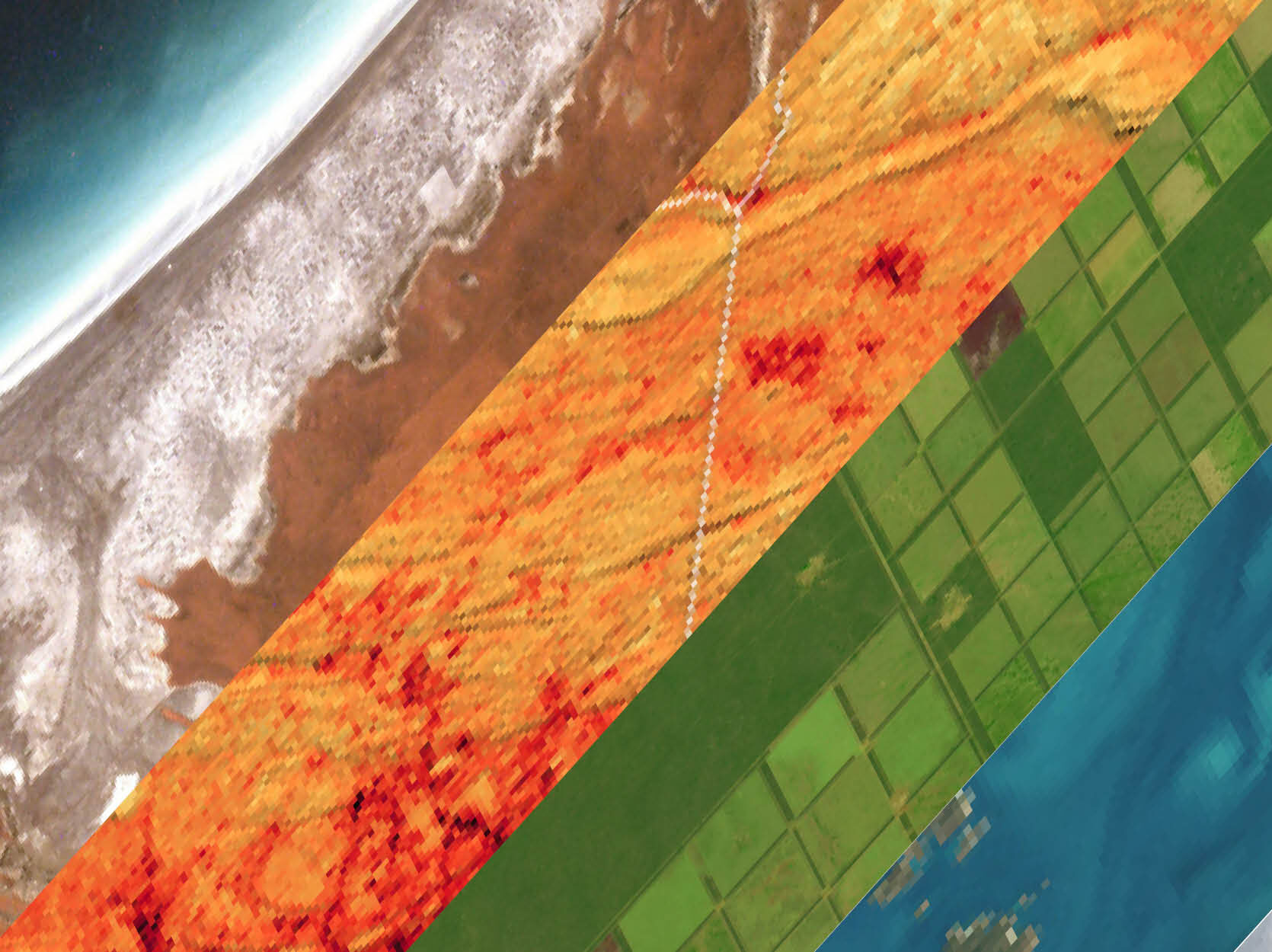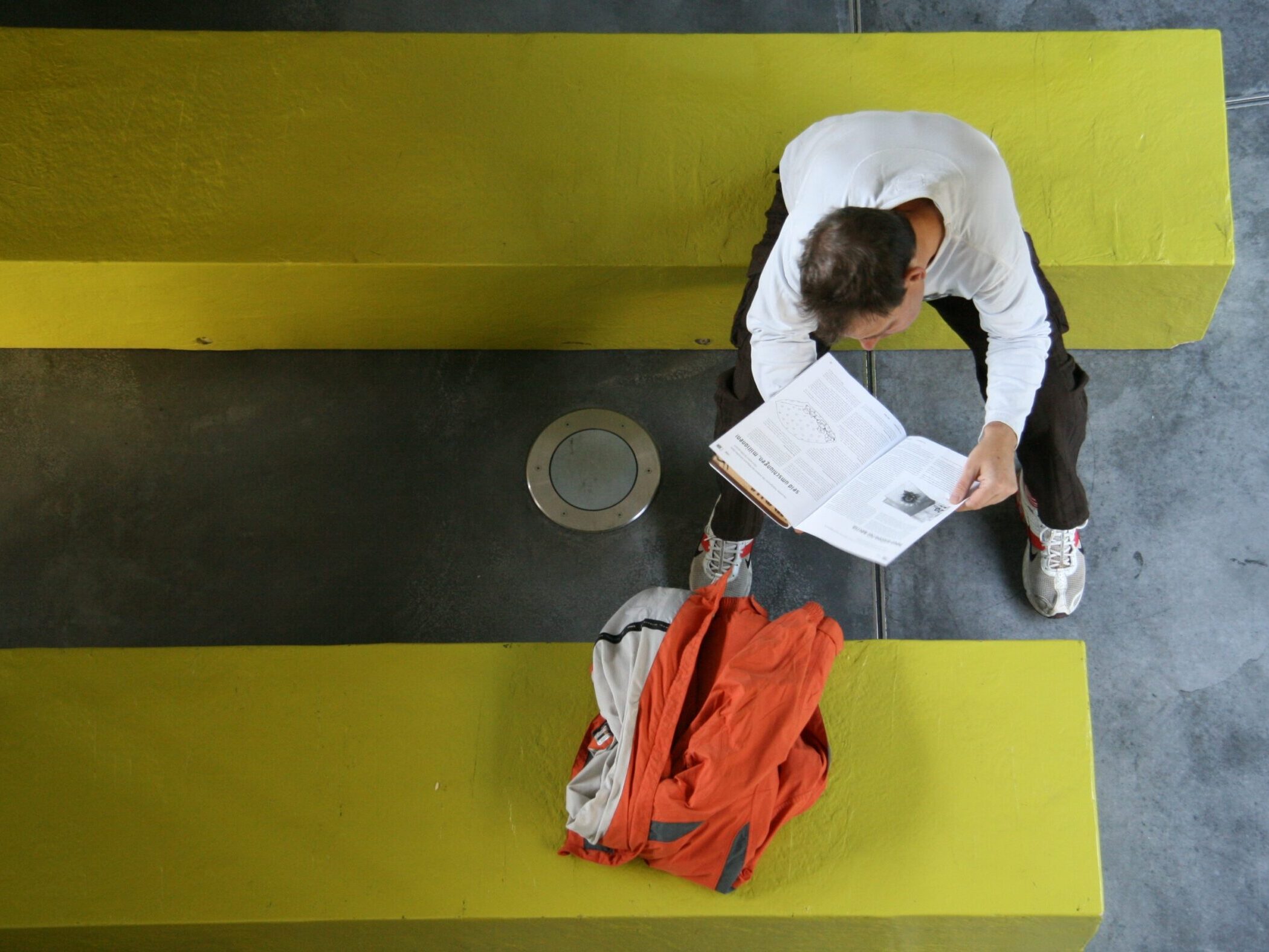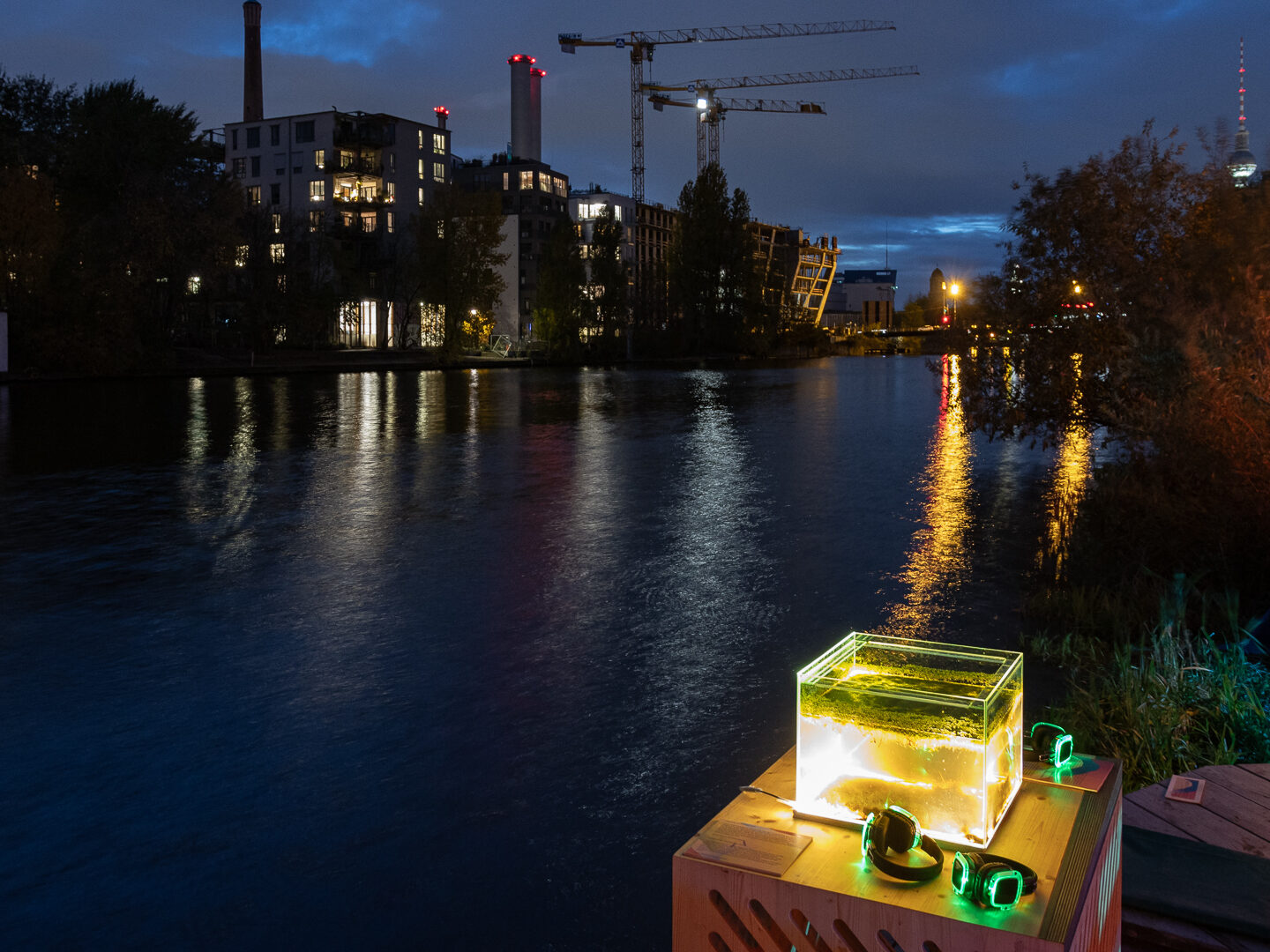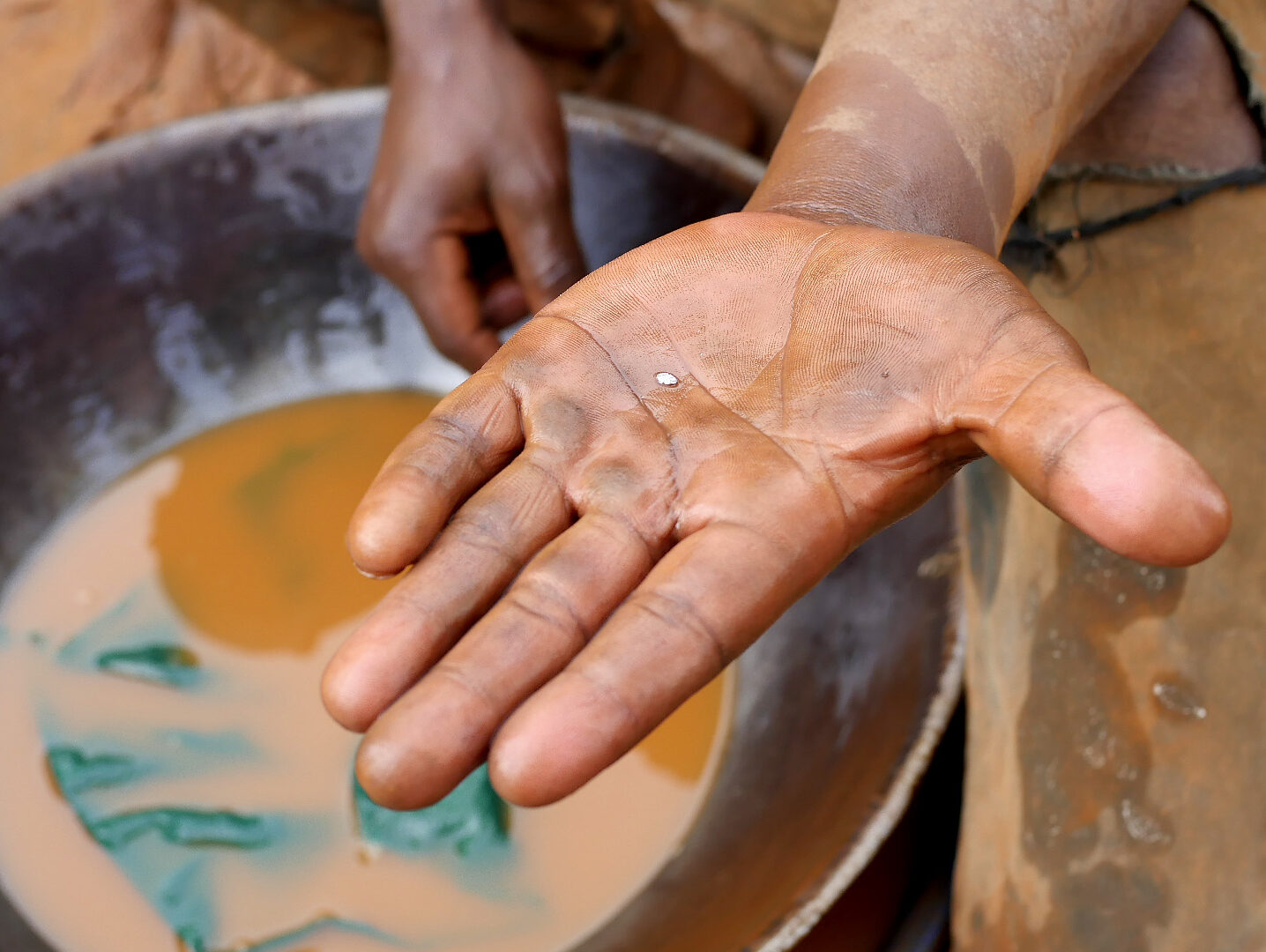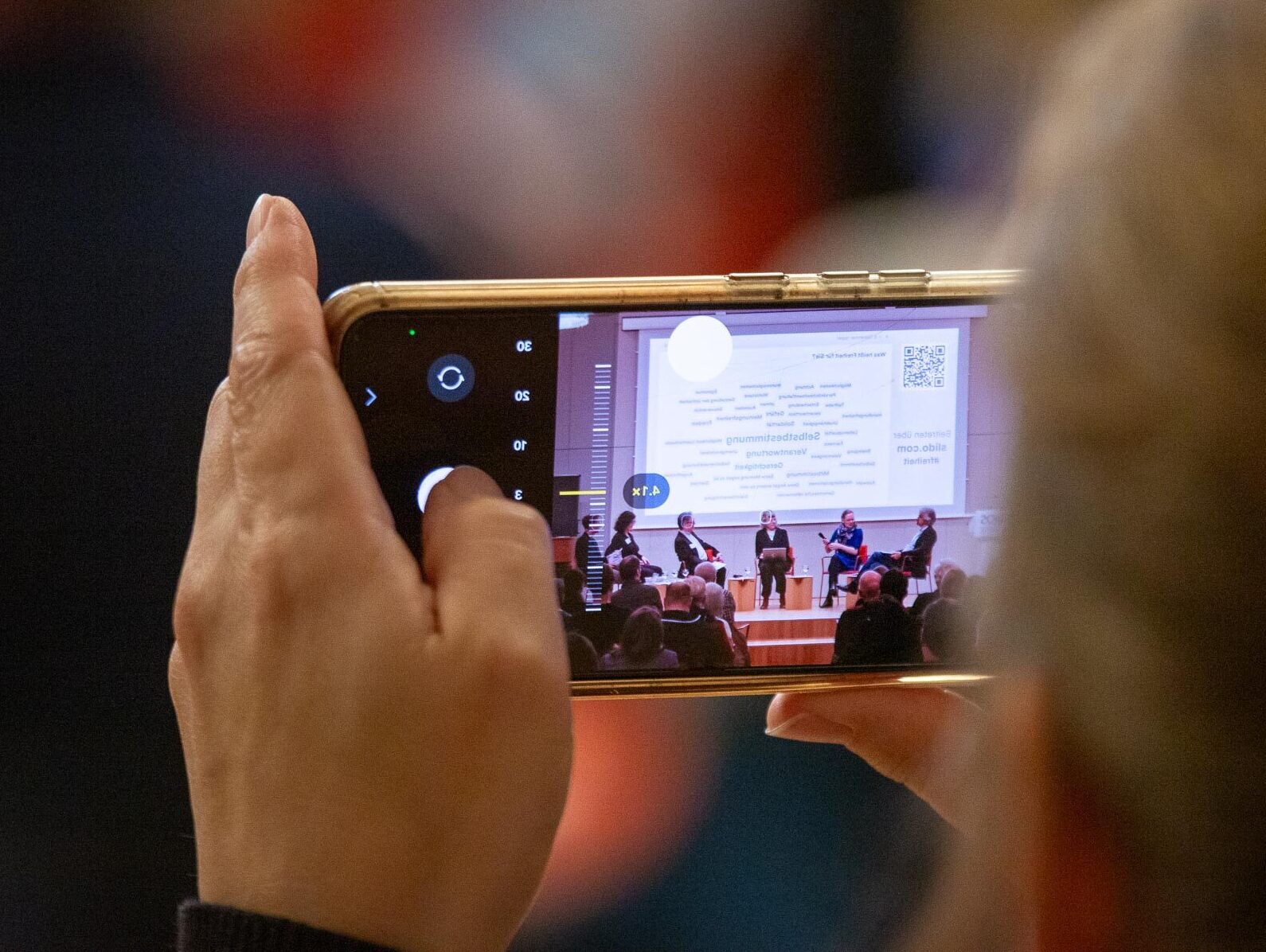At IRI THESys, we understand human-environment research as a public science. We treat our research objects as matters of concern and recognise that we need to open our scientific practices up to public scrutiny and participation. Thus, our science communication aims to integrate stakeholders from academia, citizenship, policy, business and beyond. Conducting our research as a public science reaches from audience-target events, art-science projects, multimedia communication all the way to transdisciplinary, co-designed and collaborative research. This way, researchers, communication experts and stakeholders work together to increase awareness, engagement and participation in transformation research.
Photo credits: Klemens Czurda, Stefan Klenke, NASA, Heike Zappe, Anna Frohn Pedersen, Tumisu and Greg Bulla from Pixabay, Nguyen Dang Hoang Nhu on Unsplash



